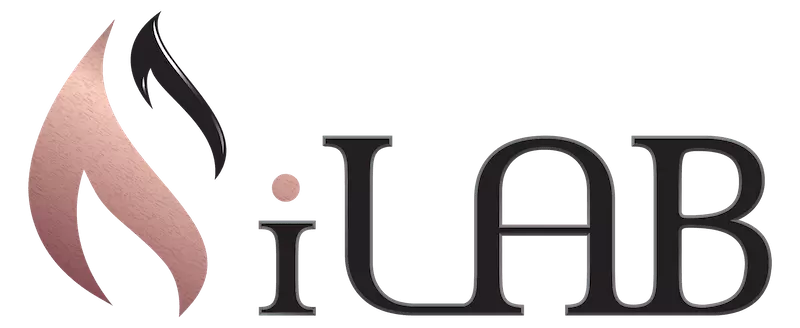The year 2024 brought significant changes to the software testing universe. Key trends included the evolution of Testing Centers of Excellence (TCoEs), the integration of practices such as shift-left and shift-right testing, the advancement of automation with tools accessible to different user profiles, and the transformative impact of artificial intelligence (AI). In addition, challenges related to open-source solutions and the importance of ethical practices in the validation of AI systems are shaping the future of software quality.
Testing Centers of Excellence (TCoEs) have evolved from isolated functions to strategic components integrated into the quality ecosystem. Today, they foster collaboration between development, operations, and testing, manage intellectual property, and implement automation strategies in a sustainable manner. Investing in robust frameworks is essential to avoid gaps in test execution and ensure reliable and scalable automation.
The concepts of shift-left and shift-right play complementary roles in ensuring software quality throughout the entire life cycle. Shift-left proposes bringing forward testing to the initial stages of development, allowing for early identification of faults when they are still simpler and less costly to correct. On the other hand, shift -right focuses on monitoring and testing after deployment, in real-world environments. At this stage, aspects such as performance, usability and reliability are evaluated, ensuring that the software meets the expectations of end users.
Combining these approaches creates a comprehensive and effective strategy that provides a clear and complete view of software quality. By combining early identification of issues with continuous validation in production, it is possible to ensure a robust, efficient and needs-aligned product from the beginning of development to its real-world operation.
Test automation is also undergoing a revolution, becoming more accessible and inclusive. No-code solutions allow professionals without technical knowledge to create and execute tests through intuitive interfaces, while low-code solutions offer greater flexibility for customization. Traditional code-based frameworks continue to be indispensable for technical teams that need deep integration with DevOps practices, accelerating delivery processes without compromising quality.
The influence of artificial intelligence (AI) on software testing is a transformative trend. AI-based tools can automatically correct scripts, expand test coverage, and create innovative scenarios, such as Gorilla Testing , which simulates intense interactions with the system to identify potential flaws. In addition, validating AI-based systems requires advanced strategies, such as simulations and ethical hacking practices, to ensure security and reliability.
Although cost-effective, open source solutions pose challenges in terms of scalability and security, especially in corporate environments. Organizations must balance costs and benefits by investing in more robust and supported technologies.
In 2024, software quality reached new heights, driven by these trends. iLAB is at the forefront of this movement, helping companies turn challenges into achievements. With expertise in TCoEs, automation and AI , iLAB offers innovative solutions to meet the needs of an ever-changing market. Discover how iLAB can revolutionize your processes: www.ilabquality.com .
📢 Click here and download our exclusive study now! Discover strategic insights and trends that can transform your business results!
